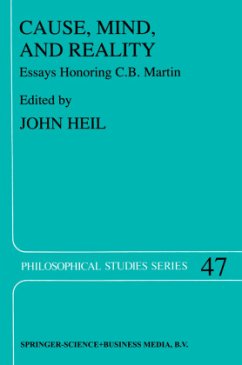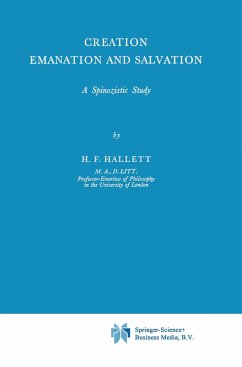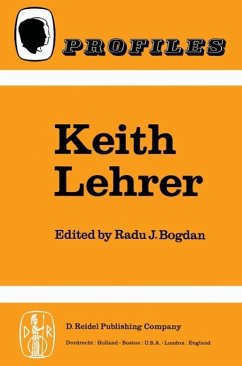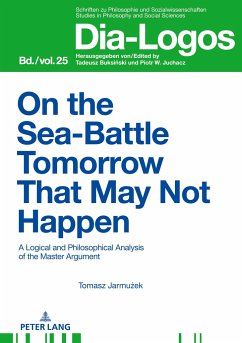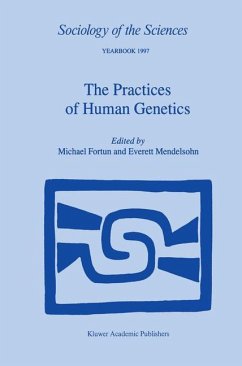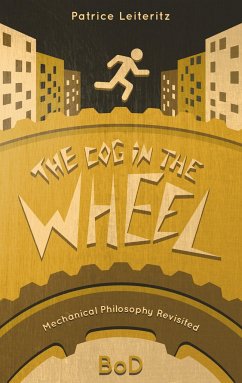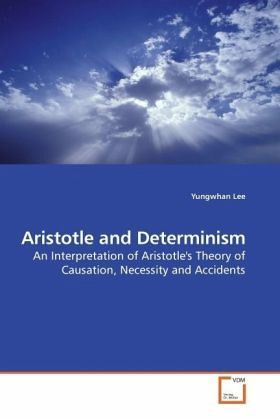
Aristotle and Determinism
An Interpretation of Aristotle's Theory of Causation, Necessity and Accidents
Versandkostenfrei!
Versandfertig in 6-10 Tagen
39,99 €
inkl. MwSt.

PAYBACK Punkte
20 °P sammeln!
The topic of determinism has been an intriguing philosophical issue for ages. Scholars have consulted the philosopher on this issue as on others. This book argues that Aristotle is an outright causal indeterminist by examining his theories of causes, necessity and accidents. Aristotle, according to this book, is doubly an indeterminist. He denies both of the following two propositions that constitute the thesis of determinism: 1) that, for everything that occurs, there is a cause (this is the Principle of Universal Causation) and 2) that, whenever there is a cause of what occurs, the cause cau...
The topic of determinism has been an intriguing philosophical issue for ages. Scholars have consulted the philosopher on this issue as on others. This book argues that Aristotle is an outright causal indeterminist by examining his theories of causes, necessity and accidents. Aristotle, according to this book, is doubly an indeterminist. He denies both of the following two propositions that constitute the thesis of determinism: 1) that, for everything that occurs, there is a cause (this is the Principle of Universal Causation) and 2) that, whenever there is a cause of what occurs, the cause causally necessitates what it causes (this is dubbed as 'the Sufficient Condition view of causation'). This monograph should help shed some light on this everlasting issue of determinism not only in Aristotle but also in classical Greek philosophy in general.




